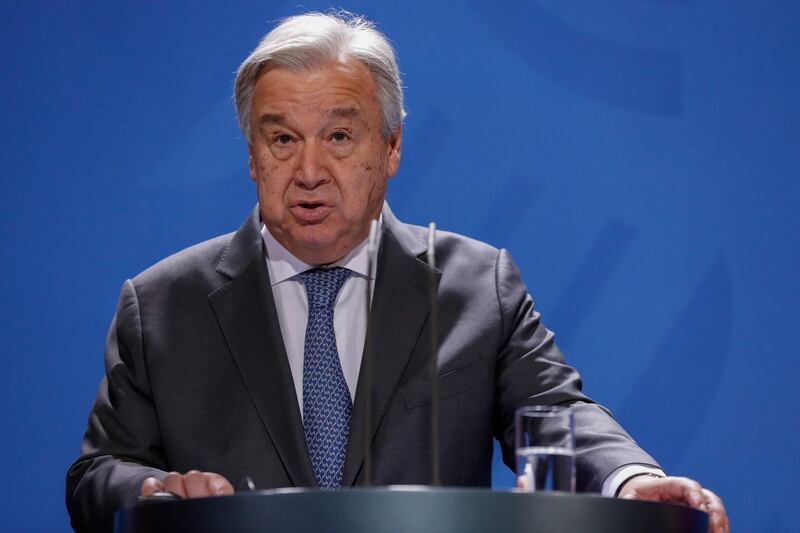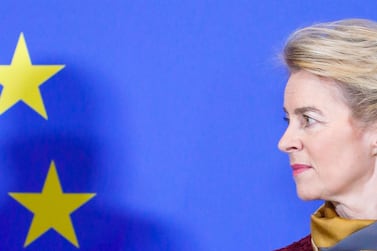The UN Secretary-General Antonio Guterres on Sunday said global efforts to stop climate change have been “utterly inadequate” so far and that there is a danger global warming could pass the “point of no return.”
Speaking at a press conference on the eve of COP25, a two-week international climate conference in Madrid, Antonio Guterres said the impact of rising global temperatures — including more extreme weather — is already being felt around the world, with dramatic consequences for humans and other species.
Mr Guterres said the world has the scientific knowledge and the technical means to limit global warming, but political will was lacking.
He called for “accountability, responsibility and leadership” to end the global climate crisis, noting that the last five years have been the hottest ever recorded and sea levels are now at their highest levels in history.
“The point of no return is no longer over the horizon,” Mr Guterres told reporters in the Spanish capital. “It is in sight and hurtling toward us.”
I expect a clear demonstration of increased #ClimateAction ambition & commitment out of #COP25. Leaders of all countries need to show accountability & responsibility. Anything less wold be a betrayal of our entire human family and all generations to come. pic.twitter.com/jnKjMRYRmI
— António Guterres (@antonioguterres) December 1, 2019
Delegates from almost 200 countries will try to put the finishing touches on the rules of the 2015 Paris climate accord at the December 2-13 meeting.
Mr Guterres spoke of the growing scientific evidence for the impact that man-made emissions of greenhouse gases are already having on the planet, including record temperatures and melting polar ice.
But said his message was “one of hope, not of despair. Our war against nature must stop and we know that that is possible.”
Countries agreed in Paris four years ago to limit global warming to well below 2°C, ideally 1.5°C (2.7F) by the end of the century compared with pre-industrial times. But average temperatures have already increased by about 1°C, leaving little room to meet either target.
Mr Guterres said growing demands from citizens, particularly the young, have shown there is widespread desire for climate action.
“What is still lacking is political will,” he said. “Political will to put a price on carbon. Political will to stop subsidies on fossil fuels. Political will to stop building coal power plants from 2020 onwards. Political will to shift taxation from income to carbon. Taxing pollution instead of people.”
Creating a worldwide market for emissions, a key element of the sixth article of the Paris accord, remains one of the most contentious issues for negotiators. In many countries, including Japan and the United States, governments support their most polluting industries.
Still, Mr Guterres noted that some 70 countries have pledged to stop emitting more greenhouse gases by 2050.
“But we also see clearly that the world’s largest emitters are not pulling their weight. And without them, our goal is unreachable,” he said.
Some of the world’s largest carbon emitters — the United States, China and India — will be represented by ministers or lower-level officials at the conference, which is expected to attract around 29,000 visitors, including some 50 heads of state and government for Monday’s opening, as well as scientists, seasoned negotiators and activists during the two-week meeting.
COP26 will be held in Glasgow, Scotland, next year.
Mr Guterres also announced that outgoing Bank of England governor Mark Carney will become his new special envoy on climate action and climate finance from next year.






